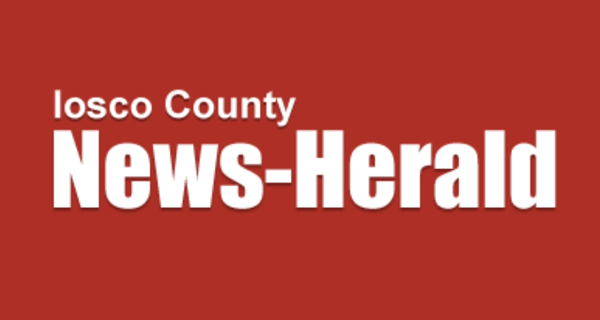

Record Enrollment in Michigan’s Pre-K Programs Signals Growth But Highlights Continued Gaps
In a positive development for early childhood education in Michigan, recent figures reveal a record number of children are enrolling in subsidized pre-kindergarten (pre-K) programs. Despite this substantial increase, the level of enrollment is still insufficient to classify the programs as universally accessible.
Michigan’s pre-K landscape encompasses several initiatives, notably the Michigan Great Start Readiness Program (GSRP), which provides free pre-K education to a significant proportion of the state’s 4-year-olds. Additionally, the federally funded Head Start program extends access to preschool for various eligible children aged three to five, also at no cost.
Acknowledging the demand for early educational opportunities, state officials have committed to expanding the scope of these programs. Recently, Governor Gretchen Whitmer endorsed a landmark education budget for fiscal year 2025, which allocates 0 million toward the goal of expanding free pre-K education to all 4-year-olds in Michigan. The initiative falls under the purview of the Michigan Department of Lifelong Education, Advancement, and Potential (MiLEAP), which oversees various educational programs aimed at enhancing accessibility and equity.
Beverly Walker-Griffea, the director of MiLEAP, highlighted the bipartisan nature of the budget, stating, “Michigan’s balanced budget expanded access to PreK for all Michigan families regardless of income.” She emphasized the collaboration between state agencies and community partners to connect families with essential educational resources, asserting that these investments pave the way for long-term prosperity.
Advocates for the expanded budget articulate that offering free pre-K can yield substantial financial relief for families, potentially saving upwards of ,000 annually. Governor Whitmer remarked, “Free PreK is a huge win for Michigan families, giving children the educational foundation they need and saving parents thousands of dollars.” She underscored the significance of investing in children, framing it as a pivotal step toward securing a brighter future for the next generation.
However, it’s important to contextualize these figures within the broader educational landscape. According to the Private School Review, the average tuition for private preschools in Michigan for the 2024-2025 academic year stands at approximately ,308, with some programs offering rates as low as ,200. Other childcare options could cost families around ,200 annually, illustrating that while savings may be substantial under the new initiatives, the cost of early childhood education can vary significantly.
Recent enrollment data indicates that over 45,000 students have registered for the GSRP, reflecting an approximate 10% increase from the previous year, which recorded 41,120 enrollments. However, this figure still represents less than half of the total number of 4-year-olds in Michigan, indicating a critical gap in access that policymakers are eager to address.
As discussions around universal pre-K programs gain momentum across the United States, Michigan finds itself among the states advocating for such initiatives. Yet, significant challenges remain, as evidenced by the experiences of states that have attempted to implement universal preschool, only a few of which have achieved the ambitious goals set by their advocates.
The trajectory of Michigan’s pre-K programs will be closely monitored in the coming years as stakeholders continue to push for broader access, higher enrollment, and a lasting impact on early childhood education in the state.



